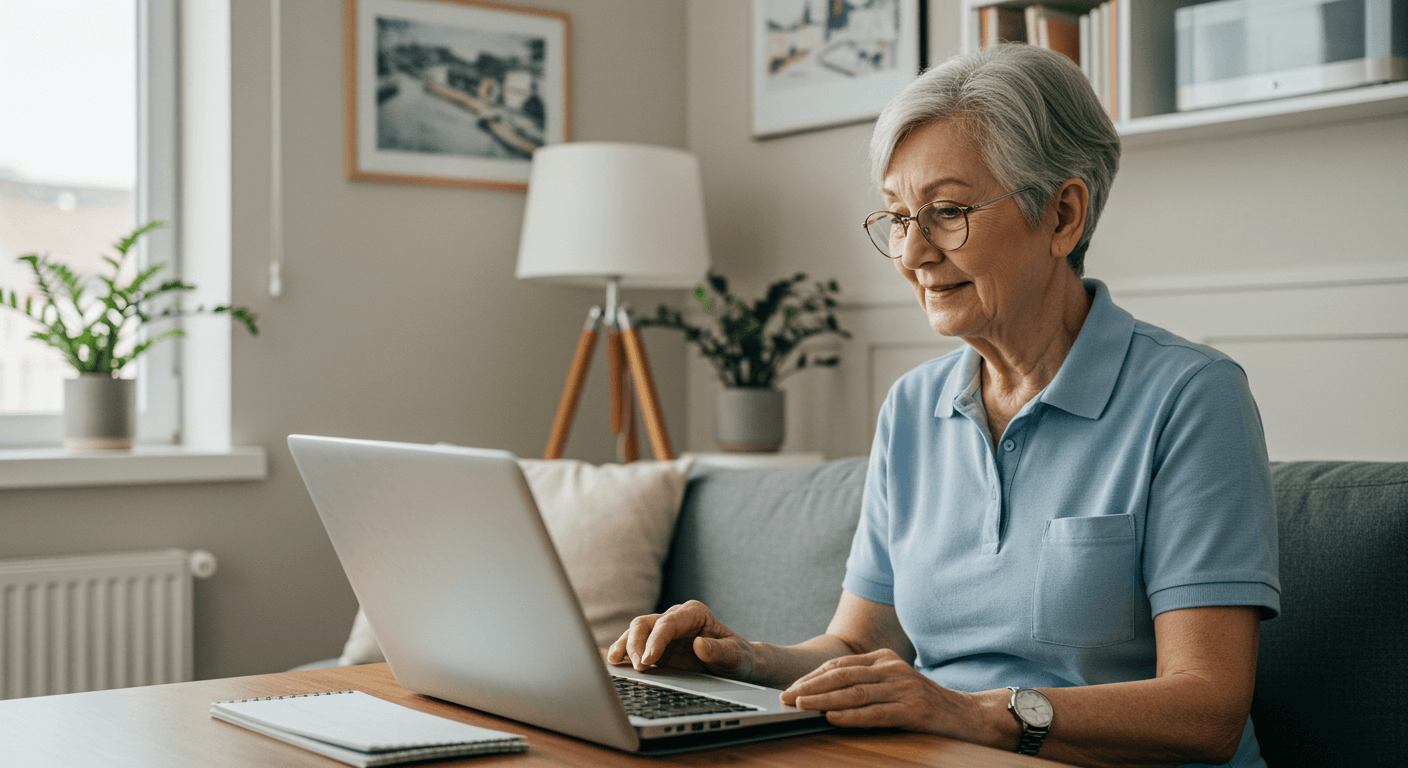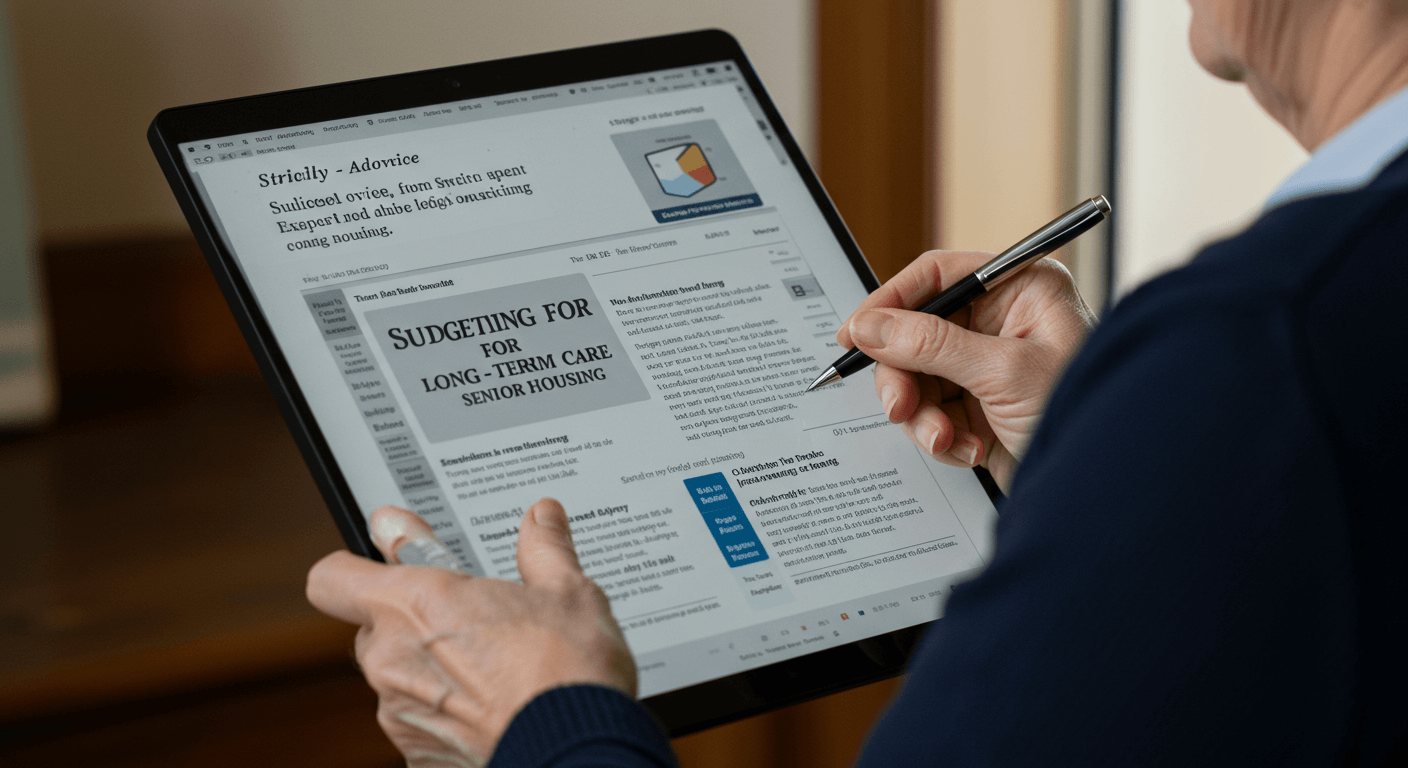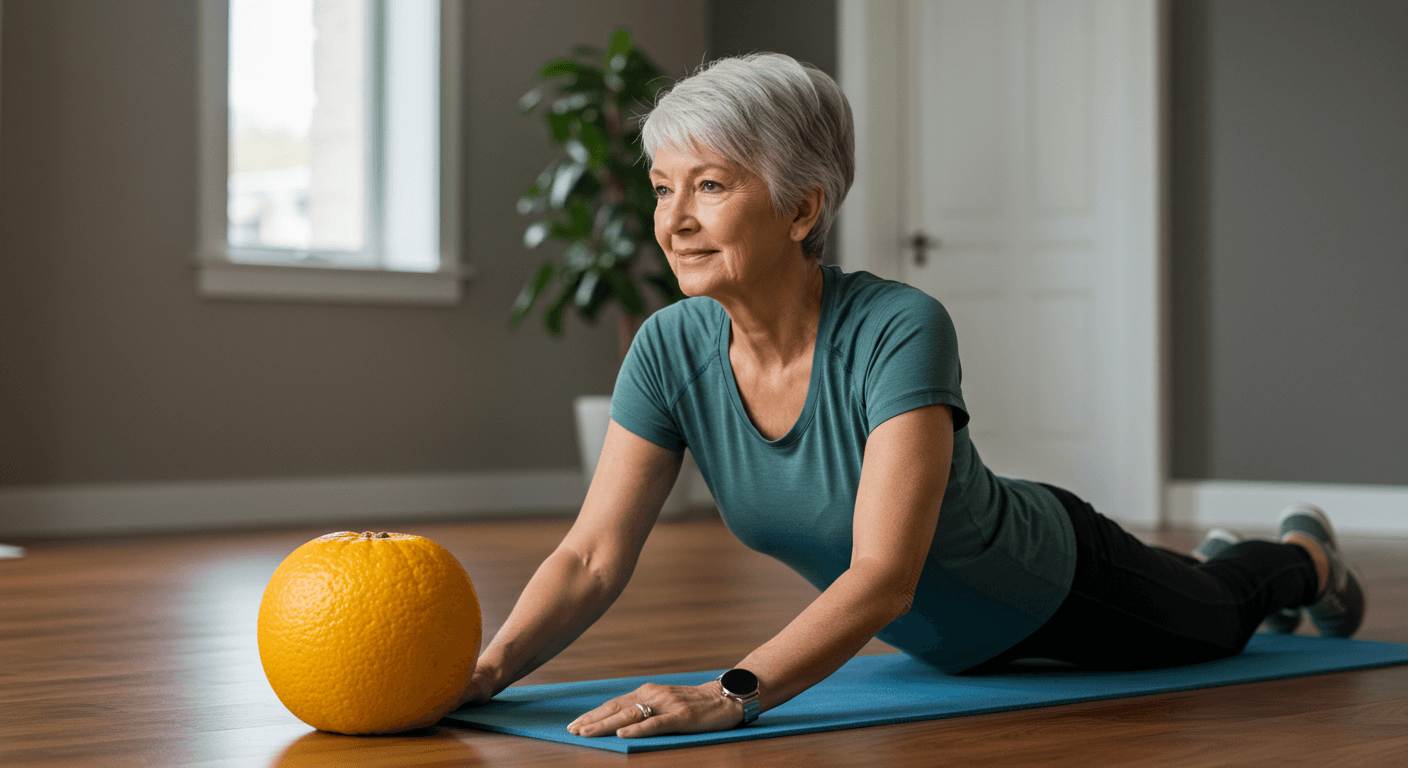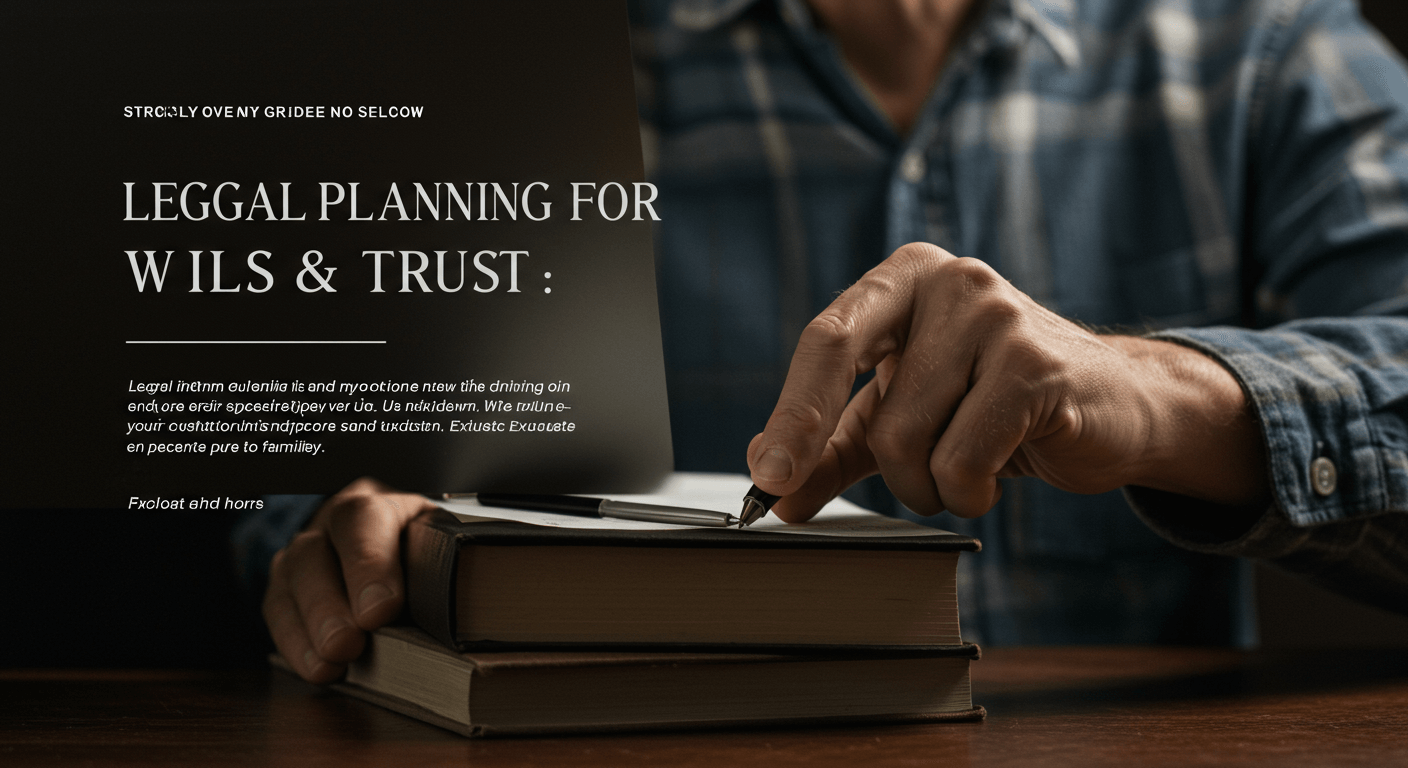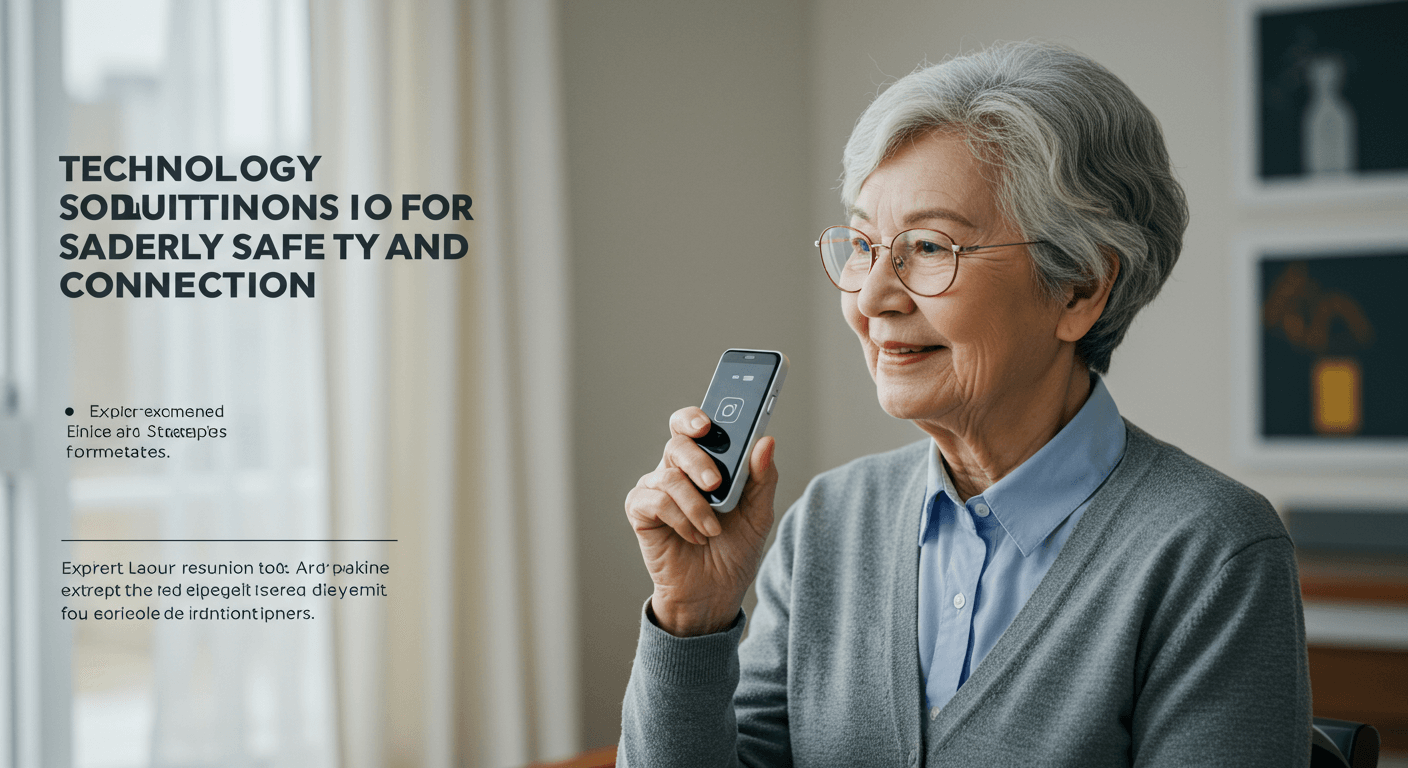Senior Safety Tips for Independent Living at Home
Expert advice and practical steps to help seniors live safely and independently at home, covering home modifications, daily routines, and emergency preparedness.
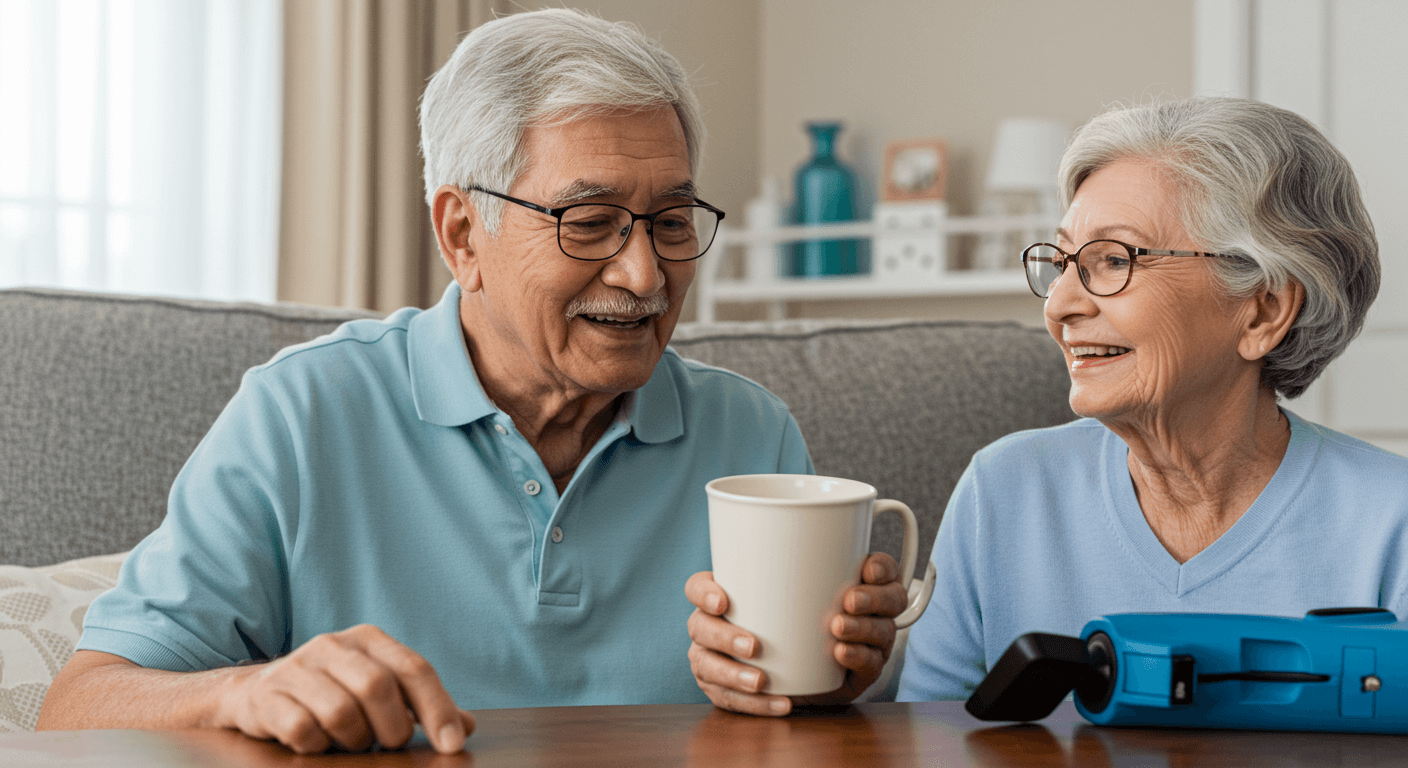
Maintaining independence at home is important for seniors' quality of life. With proper safety measures, seniors can continue living comfortably while minimizing risks. This guide provides expert-backed strategies to create a safe home environment.
1. Conduct a Home Safety Assessment
Walk through each room identifying potential hazards like loose rugs, poor lighting, or cluttered pathways. Consider professional assessment services for comprehensive evaluation.
2. Install Essential Safety Equipment
Add grab bars in bathrooms, non-slip mats, adequate lighting, and emergency alert systems. Ensure smoke and carbon monoxide detectors are functional and tested regularly.
3. Organize for Accessibility
Keep frequently used items within easy reach. Store heavy items at waist level and use organizational tools to minimize bending and reaching. Create clear pathways throughout the home.
4. Establish Emergency Protocols
Create and practice emergency plans for fires, medical emergencies, and power outages. Keep emergency numbers visible and ensure communication devices are always charged and accessible.
5. Implement Daily Safety Routines
Develop consistent habits like checking locks at night, testing emergency equipment weekly, and maintaining regular communication with family or caregivers about daily wellbeing.
The Science Behind Senior Home Safety
Research shows that proper home modifications can reduce fall risks by up to 38% in older adults. Environmental adaptations combined with regular safety checks significantly decrease accident rates and hospitalizations among seniors living independently.
Emergency guidance
Medical Emergency Response
If a medical emergency occurs, first ensure your safety, then call emergency services immediately. Keep medical information and medications list accessible for first responders. Use emergency alert systems if available.
Fall Prevention and Response
If a fall occurs, don't panic. Assess injuries before moving. Use nearby furniture for support if able to rise safely. Keep a phone within reach at all times for such situations. Practice getting up from the floor regularly.
Pro tips
- Use contrasting colors on stairs and thresholds to improve depth perception and reduce tripping hazards
- Install motion-activated night lights in hallways and bathrooms to prevent nighttime accidents without disrupting sleep
Common pitfalls
Neglecting regular safety checks and modifications can lead to preventable accidents. One case involved a senior who skipped grab bar installation, resulting in a bathroom fall that required hospitalization and compromised their independence.
Recommended reads
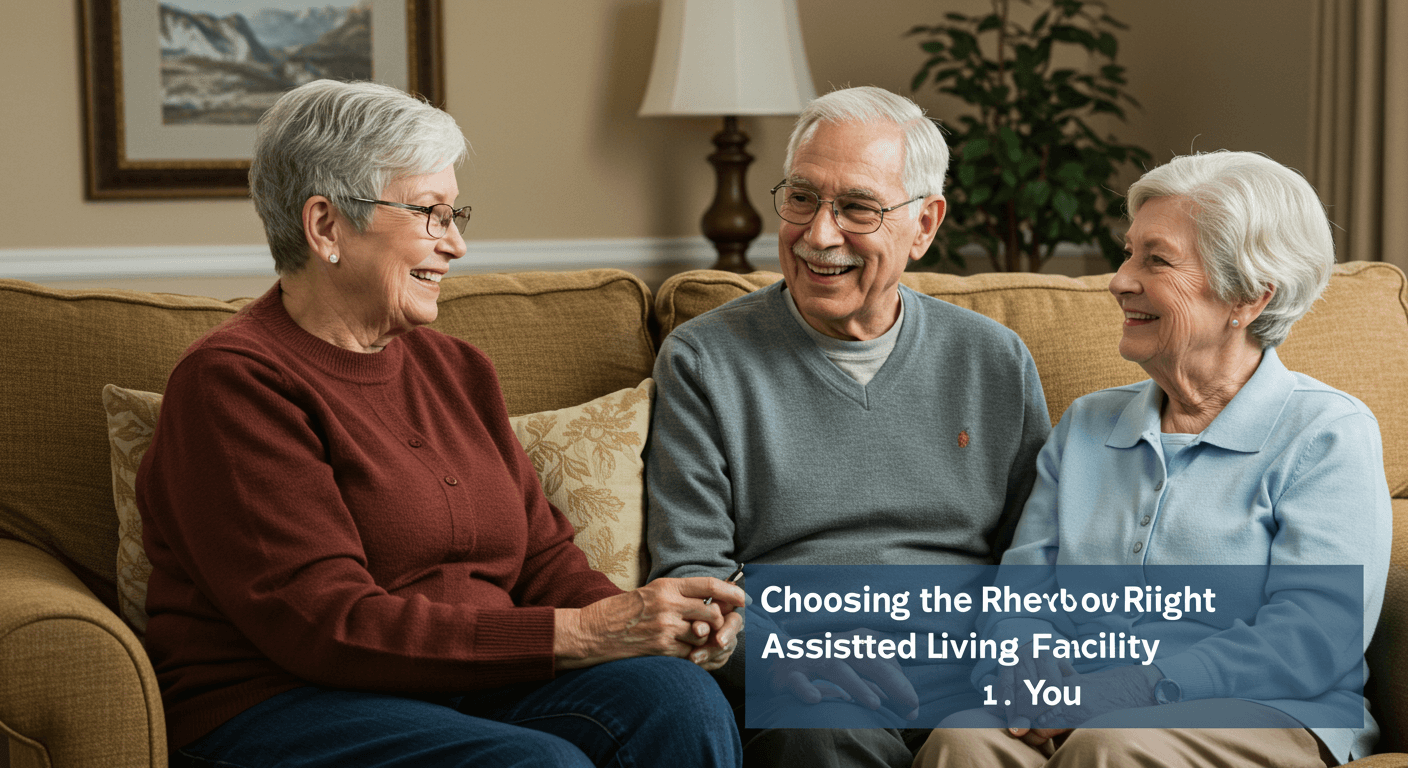


You may also like
